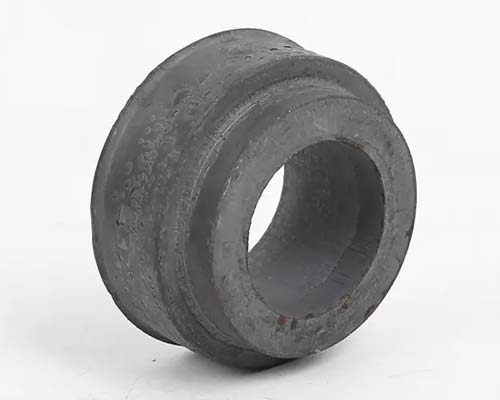- Contact Innally, Let you purchase forgings in China more favorable prices, products more assured!
- Hotline:+(86)15038323776 Email:innally@innally.com
What is the quality inspection standard of sprocket forgings?
- Category: Metal forging, Steel forgings
- |
- Date: 08/11/2023
the quality testing standards of sprocket forgings involve many aspects, including appearance quality, mechanical properties, metallographic structure, hardness testing, non-destructive testing, corrosion resistance and rotational flexibility. Only sprocket forgings that meet all of these criteria can be considered qualified products.
Product Details
The quality testing standards of sprocket forgings mainly include the following aspects:
Appearance quality: The appearance of the sprocket forgings should be smooth, no cracks, no burrs, no bumps and other defects, and should ensure that the dimensional accuracy and shape tolerance of the sprocket meet the design requirements.
Mechanical properties: The mechanical properties of sprocket forgings should meet the design requirements, including tensile strength, yield strength, elongation, section shrinkage and other indicators.
Metallographic structure: the grain size of the sprocket forgings, the depth of the decarburized layer, the depth of the oxide layer and other metallographic structure indicators should also meet the design requirements.

Hardness testing: The hardness of sprocket forgings should meet the design requirements and can be tested by a hardness meter.
Non-destructive testing: Sprocket forgings should be non-destructive testing to detect whether there are cracks, pores, inclusions and other defects inside. Common nondestructive testing methods include ultrasonic testing, X-ray testing, eddy current testing and so on.
Corrosion resistance: The material of sprocket forgings should have good corrosion resistance, especially for sprocket forgings used in corrosive environments, corresponding corrosion resistance tests should be carried out.
Rotation flexibility: sprocket forgings should have rotation flexibility, that is, the mesh between the chain and the sprocket should be good, and there should be no stuck phenomenon when rotating.
In short, the quality testing standards of sprocket forgings involve many aspects, including appearance quality, mechanical properties, metallographic structure, hardness testing, non-destructive testing, corrosion resistance and rotational flexibility. Only sprocket forgings that meet all of these criteria can be considered qualified products.
nannan
INNALLY mainly provides you with various types of cast and forged parts products. Welcome your inquiries! innally@innally.com
Related Products
Search
Forging center
- Steel forgings
- Aluminium alloy forging
- Titanium alloy forging
- Stainless steel forging
- Copper forging
- Automotive forgings
- Locomotive forging
- Bicycle forgings
- Motorcycle forging
- Rigging and fasteners
- Bearing forging
- Electric power fittings
- Marine forging
- Mechanical forgings for metalworking
- Mining machinery forgings
- Marine engineering forgings
- Construction machinery forgings
Popular product

© 2025. All Rights Reserved.






